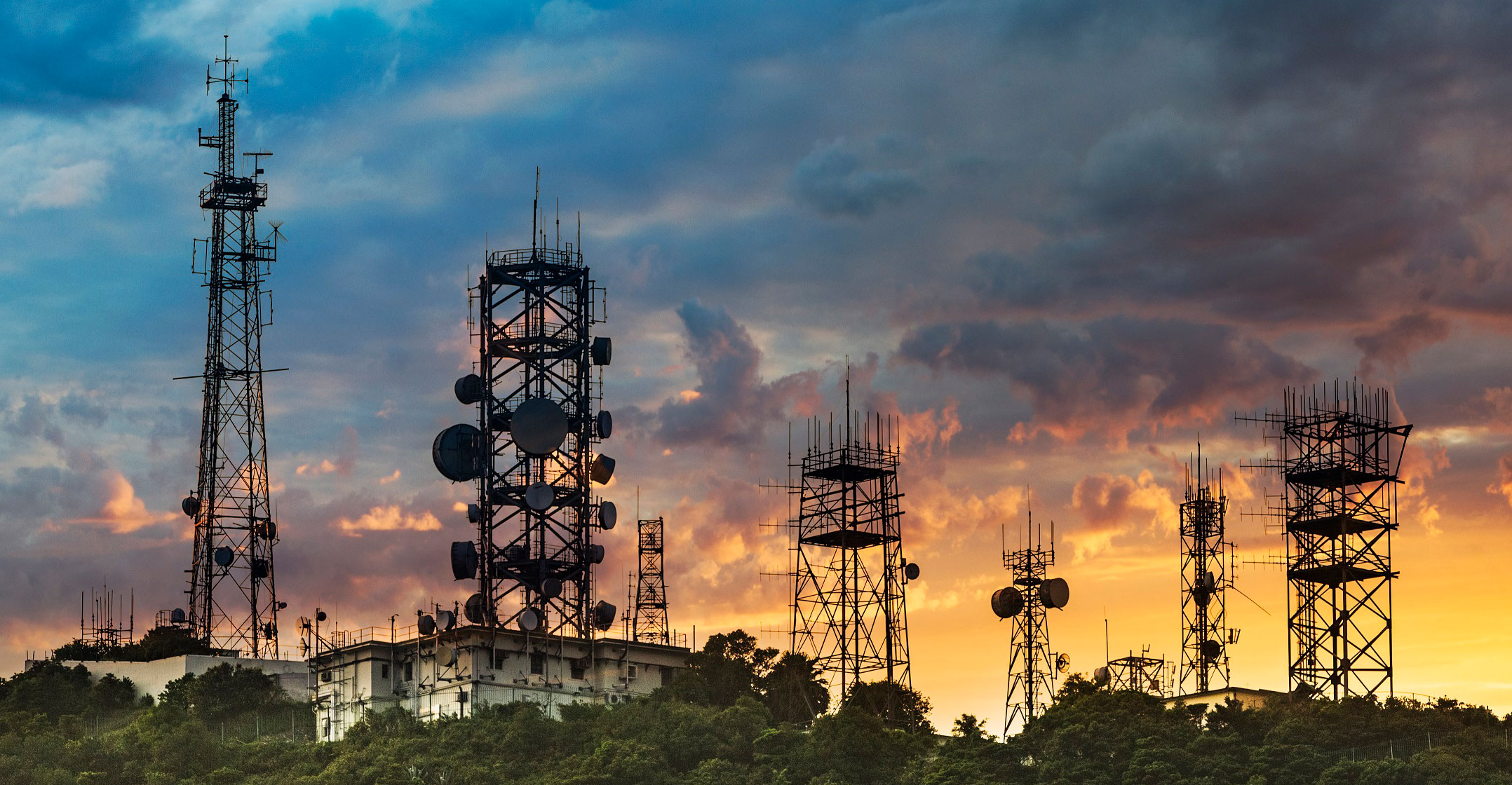 South Africa’s telecommunications operators will have to jump through several tricky regulatory hoops – and roll out services in rural areas first — to get access to new radio frequency spectrum suitable for expanding their broadband infrastructure.
South Africa’s telecommunications operators will have to jump through several tricky regulatory hoops – and roll out services in rural areas first — to get access to new radio frequency spectrum suitable for expanding their broadband infrastructure.
The latest draft (PDF) of the Electronic Communications Amendment Bill, which will be submitted to parliament this week for debate by lawmakers, stipulates that to get access to new spectrum, operators will not only have to support government’s planned wholesale open-access network (Woan), but will also have to roll out services in rural areas before being allowed to use the spectrum in urban centres.
To get new licences for so-called “high-demand” spectrum — typically spectrum used for mobile broadband services — operators have to agree to make their networks available on “wholesale open-access principles”. The bill defines wholesale open-access as the sale or lease of a network service or facility on a wholesale basis on “general open-access principles”. This section of the bill may face strong resistance from the incumbent operators.
The minister of telecommunications & postal services — currently Siyabonga Cwele — will determine how much spectrum will be needed by the Woan, which will be privately owned (government entities are expressly banned in the bill from participating) with leftover spectrum assigned to commercial operators by communications regulator Icasa. It’s still not known how much spectrum government intends reserving for the Woan, but it’s likely to be based on a CSIR report due to be made public this week.
Even then, commercial operators will not get access to new broadband spectrum without making significant concessions.
To be licensed, they must provide “immediate wholesale open access” to their networks in urban areas to the Woan and they must agree to buy at least 30% of the Woan’s capacity (or more, if Icasa deems it necessary) for a period to be determined by the regulator.
Furthermore, spectrum licensees will be subject to roll-out obligations and must comply with these in rural and underserviced areas before the spectrum may be used in well-serviced urban areas.
Universal service
Additional universal service obligations will be imposed on both existing and new spectrum licensees by Icasa.
According to the bill, Icasa must obtain the telecoms minister’s approval on the nature and form of all universal access and universal service obligations before they are imposed on any spectrum licensee (or from the minister of communications where the spectrum licence is for broadcasting). This is to “ensure that the obligations are co-ordinated, relevant and aligned with national policy objectives and priorities”, the bill says.
Universal service obligations “must be specific, attainable and measurable and compliance must be evaluated by the authority (Icasa) on an annual basis”.
Icasa is empowered under the bill to withdraw any spectrum licence or assigned spectrum when a licensee fails to comply with its universal service obligations.
 Icasa must ensure that a service licence and a radio frequency spectrum licence are issued to the Woan.
Icasa must ensure that a service licence and a radio frequency spectrum licence are issued to the Woan.
The Woan must be a consortium with members participating voluntarily, it must comply with black economic empowerment requirements and it may not be controlled by any single entity. It may not have members that either separately or collectively control more than 50% of the market (effectively precluding the big incumbent operators from participating).
The Woan must engage in active infrastructure sharing; charge wholesale rates as prescribed by Icasa; and comply with specific network and population coverage targets.
In return for meeting universal service obligations, Icasa may waive or reduce the Woan’s spectrum fees and refrain from prescribing wholesale rates that it can charge “for a specific period”.
Icasa must also consider imposing regulatory remedies on the Woan “to ensure effective service-based competition, and to avoid any anticompetitive effects”. — © 2018 NewsCentral Media
- See also: Spectrum trading to be legalised in South Africa
- Download the updated amendment bill here (PDF)




